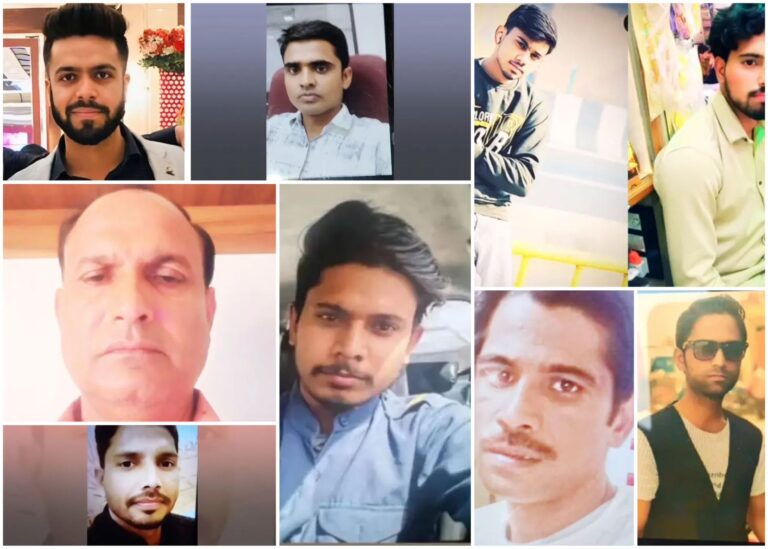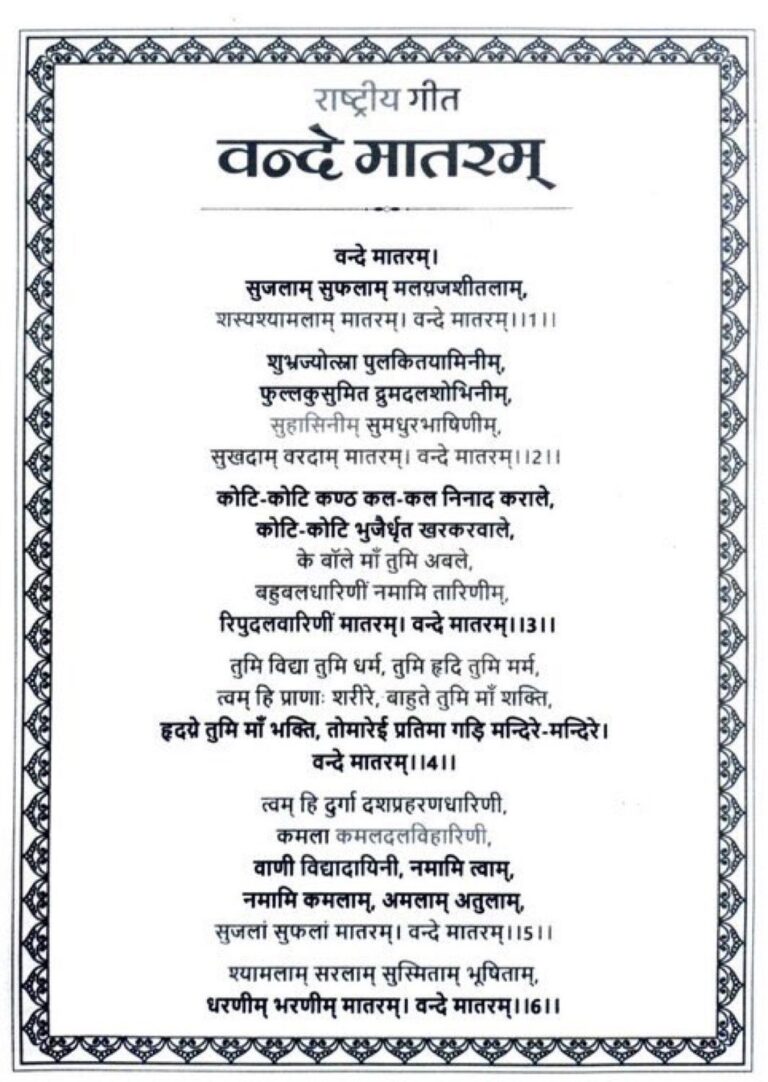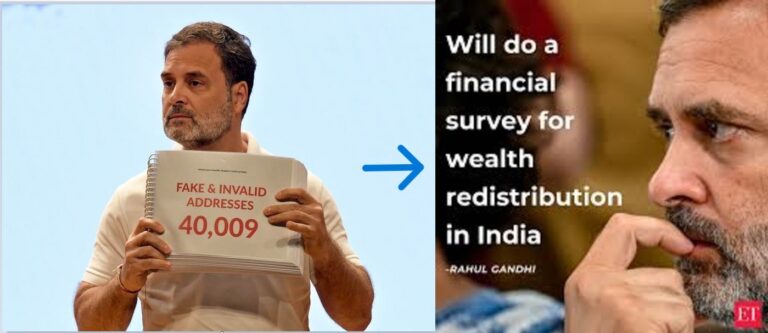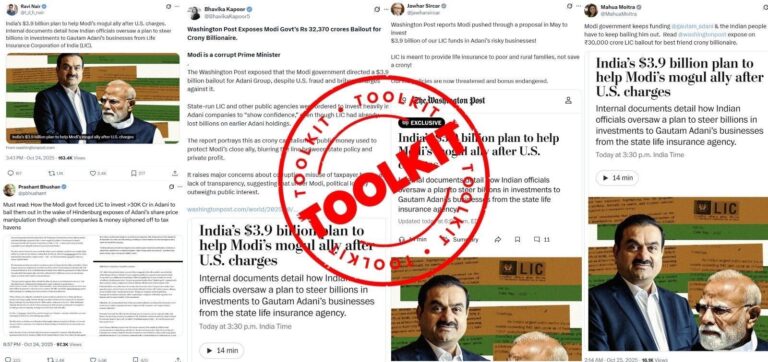
TMC Rajya Sabha MP Sagarika Ghose’s recent article in The Print bemoaning the so-called lack of a “level playing field” in Indian politics is nothing more than frustration masquerading as analysis. The piece reads less like a well-reasoned argument and more like a tantrum against political reality. Let’s break down these claims and see if they hold any water.
Opposition Cries about “unfair elections” but also loses where BJP has no financial edge.
One of the main complaints in the article is that the BJP’s financial advantage makes elections unfair. But if money alone won elections, why does the BJP lose in states like West Bengal and Kerala? Why did Congress defeat BJP in Karnataka? Political success isn’t about financial resources alone—it’s about connecting with voters, mobilizing ground support, and offering a compelling vision. If opposition parties think money is their only obstacle, they should take a hard look at their own failures.
Media bias ? I.N.D.I. alliance has journalists on payroll, spreading fake news on daily basis.
Another predictable argument is that the media is overwhelmingly biased towards the BJP. This would be funny if it weren’t so absurd. If the media were so one-sided, why do we see relentless criticism of the government on major platforms?
In reality, it’s the opposition—especially AAP and TMC—that has journalists on its payroll, spreading fake news daily. Do we even need to name them? Rajdeep Sardesai, Ravish Kumar, and their ilk have made careers out of peddling opposition narratives and abusing Prime Minister Narendra Modi relentlessly for the last 23 years. Their so-called journalism is nothing but a scripted assault on Modi and the BJP, yet they cry foul when called out. The same ecosystem that shouts about “press freedom” conveniently ignores its own blatant propaganda. Maybe the opposition should consider that favorable media coverage is earned through political credibility, not demanded as a birthright.
Moreover, their hypocrisy extends beyond just political reporting. Take Rajdeep Sardesai, for example. When court verdicts align with his ideological preferences, he celebrates the judiciary. But when the courts refuse to bow to his biases, he doesn’t hesitate to launch scathing attacks on the very institution he claims to respect. Time and again, we’ve seen him undermine judicial credibility simply because judgments didn’t favor his political narrative. It’s the same playbook: If the system doesn’t work in their favor, they label it compromised.
And let’s not forget Rajdeep Sardesai’s role in suppressing the infamous cash-for-votes scam . It’s an open secret how he helped Congress cover up the scandal that exposed how the ruling party bribed MPs to survive a trust vote. When crucial evidence was surfacing, Sardesai conveniently looked the other way, prioritizing Congress’s damage control over journalistic integrity. The same journalist who claims to champion democracy had no issue when the ruling party was literally buying votes in Parliament. Yet today, he lectures about fairness in politics.
Truth that stings Cash for Vote Tapes now in the open
Ghose also claims that agencies like the Enforcement Directorate (ED) and the CBI unfairly target opposition leaders. But are we supposed to believe that every case against an opposition leader is politically motivated while every case against a BJP leader is legitimate? Corruption allegations have existed long before 2014, and if the opposition wants fewer investigations, they might want to ensure their leaders have cleaner records. Or is the real complaint that law enforcement should just look the other way?
The opposition also routinely accuses the Election Commission (EC) of bias. Yet, the same EC has overseen elections where BJP has lost. If the EC were truly compromised, how does one explain opposition victories in multiple states? The reality is, when results don’t favor the opposition, they cry foul; when they win, the system is magically “fair” again.
Another grievance is that leaders are defecting to the BJP due to pressure from investigations. If that were the case, why hasn’t every opposition leader switched sides? The truth is, politicians—especially career ones—go where they see the best prospects for their future. Instead of blaming defections on BJP’s supposed arm-twisting, the opposition should ask itself why its own leaders don’t see a future in their parties.
At its core, the opposition’s complaint about an “uneven playing field” is just an excuse. Indian democracy isn’t about making the race easier for those lagging behind; it’s about competing with strategy, vision, and credibility. Rather than whining about unfairness, maybe the opposition should focus on improving its outreach, messaging, and leadership. Elections aren’t won by complaining; they’re won by convincing people to vote for you. Maybe it’s time for them to try that.
Author : Sandeep Gandotra, is a serial entrepreneur, startup founder, social media influencer and political analyst with 25 years of overall experience. Tweets at Sandeep Gandotra






